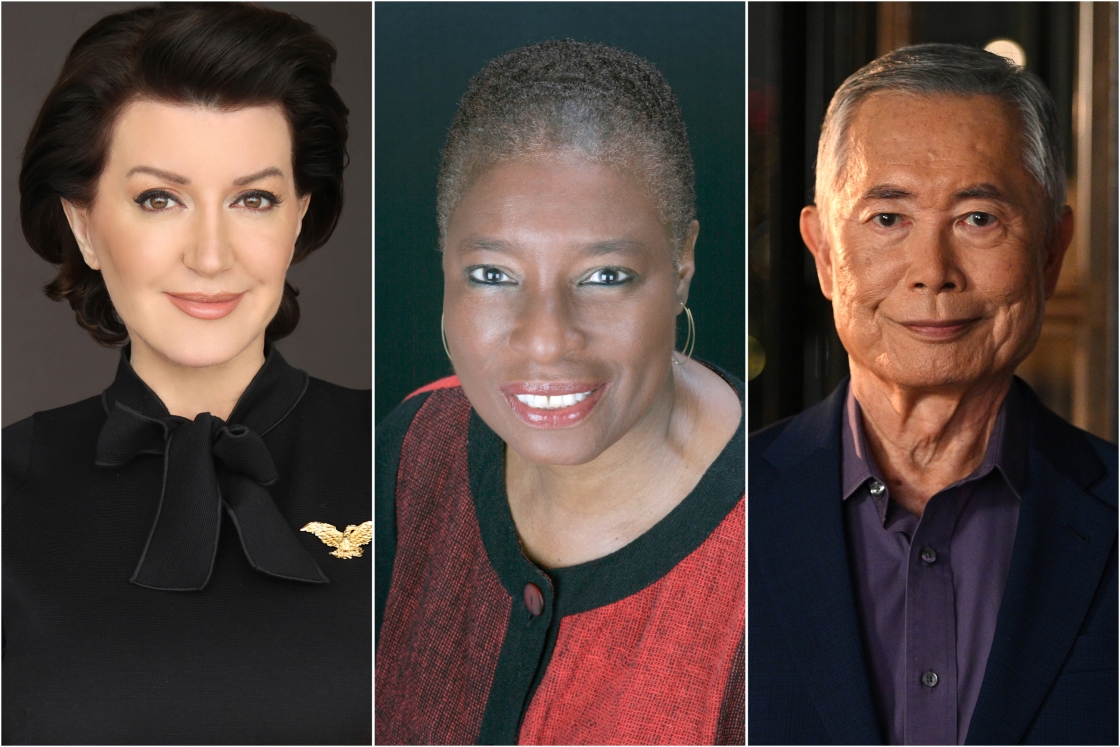[[{“type”:“media”,“view_mode”:“media_large”,“fid”:null,“attributes”:{“class”:“media-image alignright size-full wp-image-42434”,“typeof”:“foaf:Image”,“style”:“”,“width”:“100”,“height”:“100”,“title”:“”,“alt”:“Virginia Quarterly Review”}}]]In an opinion piece in The Virginia Quarterly Review, Professor Jeff Sharlet writes about the phrase “like a novel” as it is applied to works of nonfiction such as Kathryn Boo’s recent Behind the Beautiful Forevers, which won a 2012 National Book Award.
Sharlet, assistant professor of English, writes, “Offered up by blurbers with the best of intentions, the immediacy implicit in ‘like a novel’ suggests that the book on hand can be engaged with as ‘art’ rather than as ‘fact,’ so realist it’s not real; a story rather than the state of things, a condition in which we might be complicit.”
He writes that his Dartmouth students asked why Boo might want her “masterpiece of reportage” to be described as “like a novel.”
“I didn’t have a ready answer. My own work has on occasion been compared to a novel, and whenever it was, I was delighted,” he writes. “I knew that for a book to be ‘like a novel’ meant that it was safe for mass consumption. I knew that to be ‘like a novel’ meant sales, even though nonfiction outsells fiction.”
Read the opinion piece, published 4/11/13 by The Virginia Quarterly Review.

